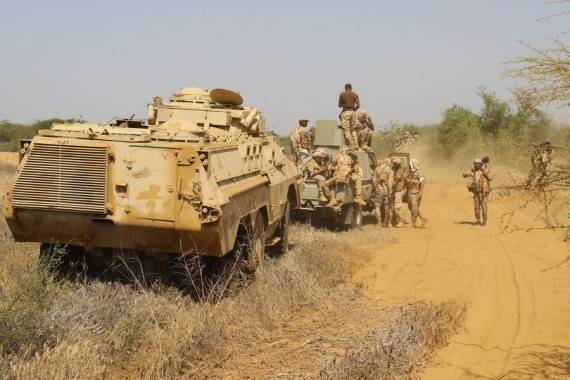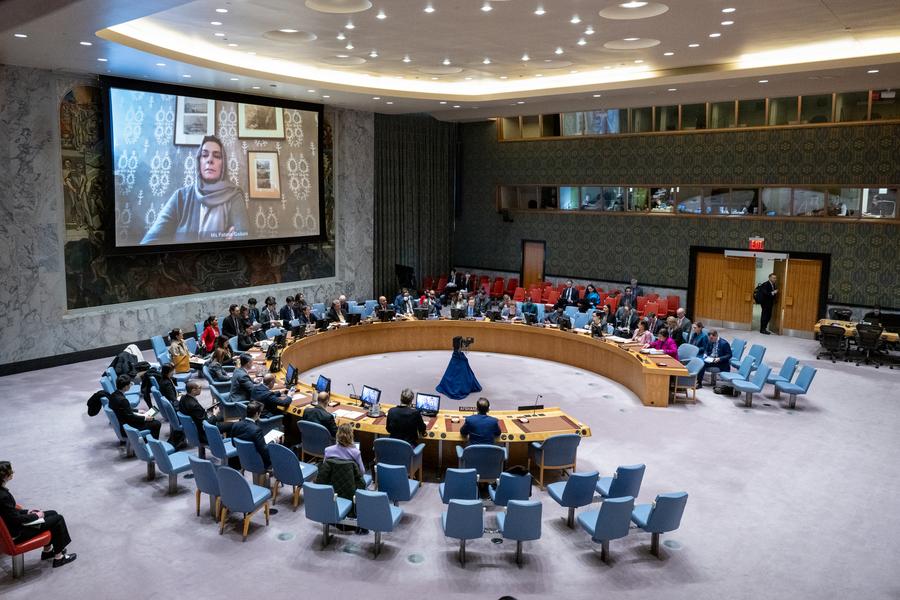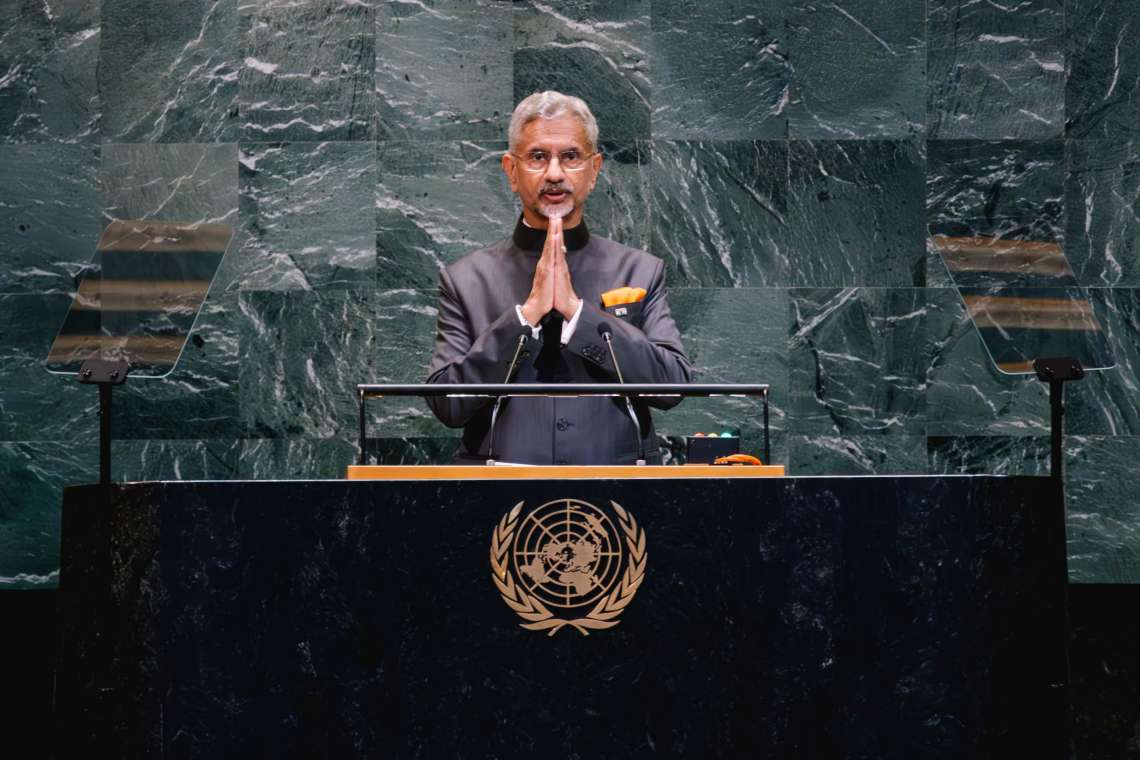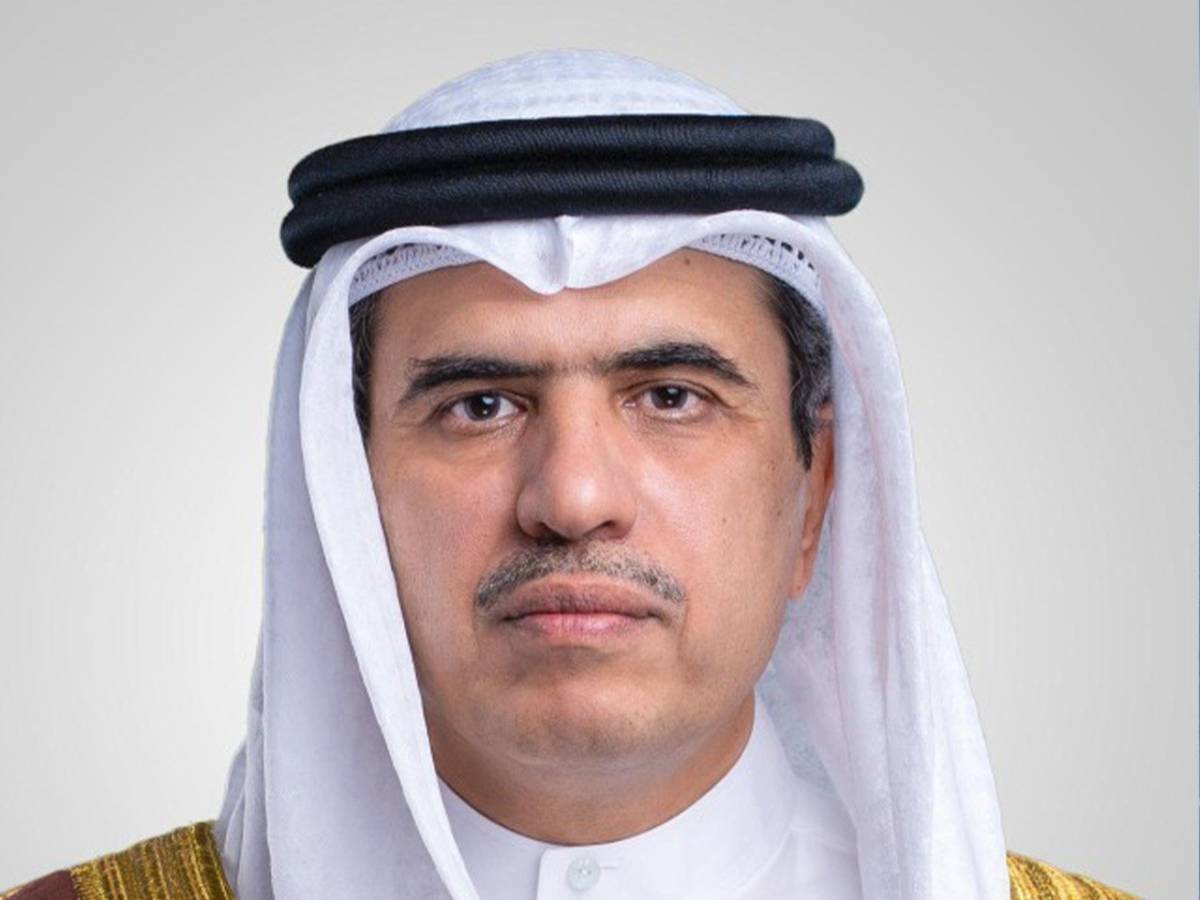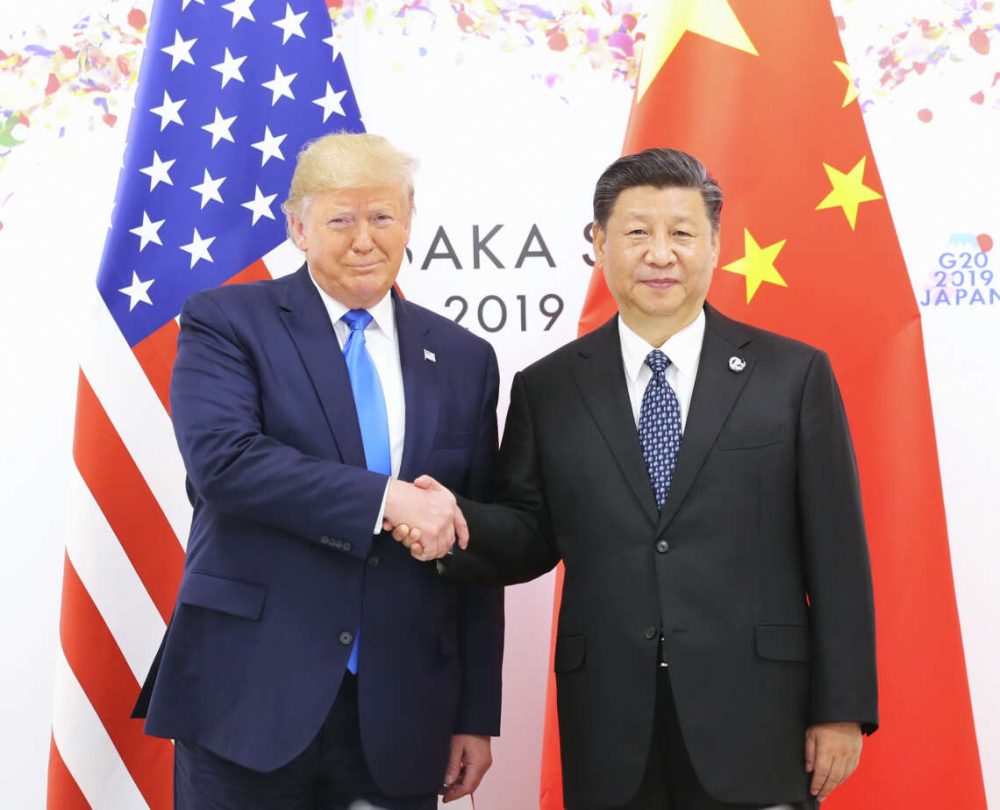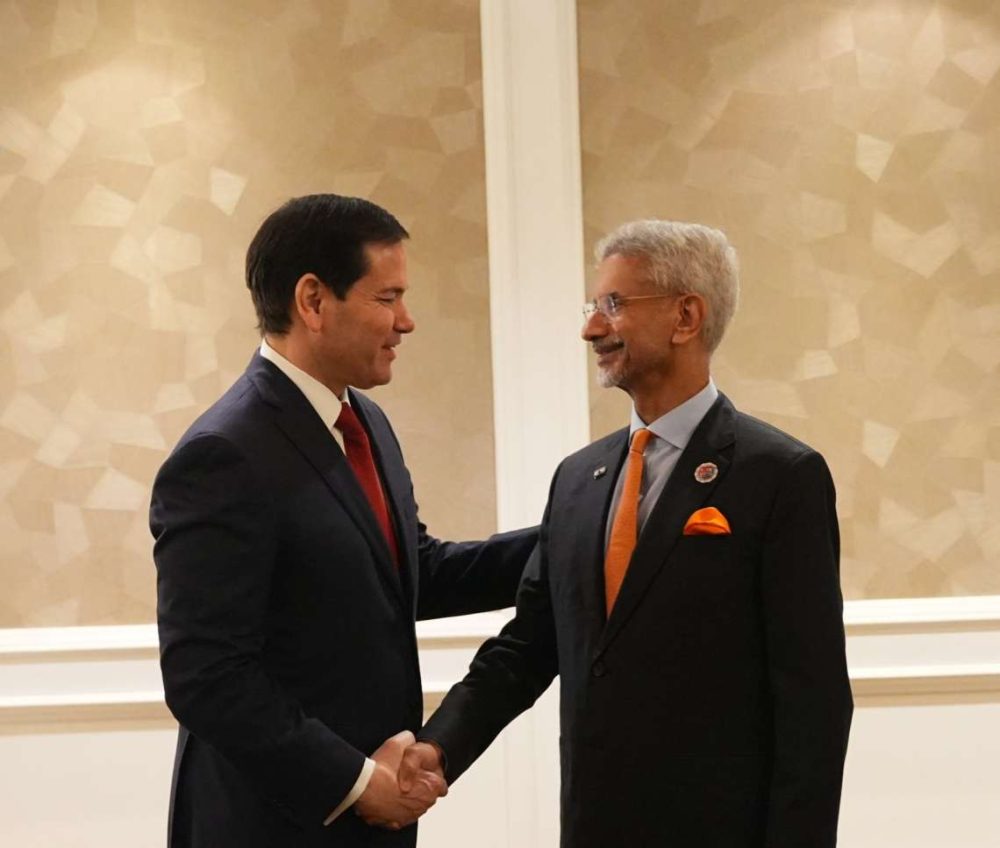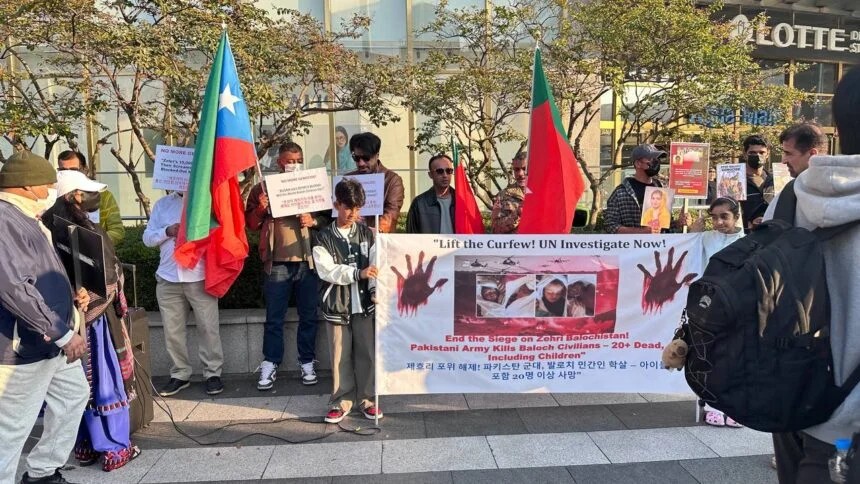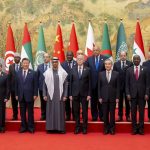UN Special Envoy for Yemen said reports of military operations, particularly around Marib, are concerning and must be addressed urgently, reports Asian Lite News
UN Special Envoy for Yemen, Hans Grundberg has warned against attempts to take the advantage of the current truce in Yemen to prepare for escalation.
Although the two-month renewable truce is broadly holding, reports of military operations, particularly around Marib, are concerning and must be addressed urgently through the mechanisms established by the truce, Grundberg told the UN Security Council in a briefing on Thursday.
“Many Yemenis have told me they fear the truce will be exploited and used to set the stage for a new escalation. This fear is understandable given the lack of trust and past experience, and I want to remind the parties that the foundational principle of the truce is that the respite it offers should be used to make progress toward ending the war, not to escalate it,” he said.
The parties have publicly committed to de-escalation, and this is what the Yemeni people and the international community expect of them, he added.
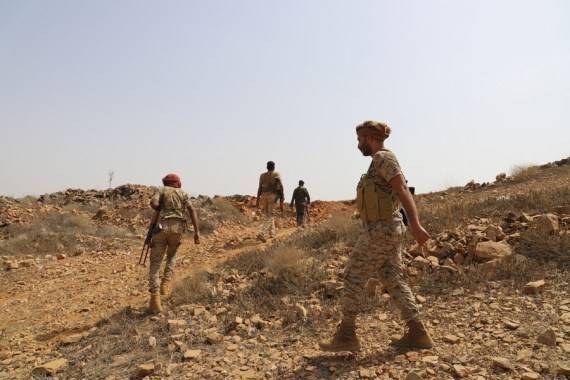
“My office has established coordination mechanisms for all aspects of the truce and I encourage the parties to engage seriously and meaningfully in those mechanisms.”
The truce, which took effect on April 2, is the result of the commitments of the parties, and it enjoys significant international support. But it is still fragile and temporary. There is a need for the international community to work collectively and intensively in these coming weeks to ensure it does not unravel, the UN envoy said.
Since the start of the truce, there have been encouraging signs that halting the cyclical patterns of escalation is possible. There has been a significant reduction in violence and civilian casualties. There have been no confirmed airstrikes inside Yemen or cross-border attacks emanating from Yemen, Xinhua news agency reported.
There is more fuel flowing through Hodeidah ports into the country. Preparations are underway for commercial flights to depart from Sanaa airport for the first time since 2016. Efforts are being made to bring the parties together to open roads in Taiz and other governorates, he noted.
“The impact of this on Yemeni lives, as well as the symbolism, should not be underestimated,” said Grundberg.
There have been other positive signs of progress on confidence-building in recent weeks, he added.
“We have been making headway on the exchange of detainees and I urge the parties to expeditiously agree on the details of the release so that Yemeni families may be reunited with their loved ones as soon as possible.”
The Gulf Cooperation Council hosted at the end of March and beginning of April consultations with hundreds of Yemenis in Riyadh in stated support of a peaceful solution to the conflict. Several conclusions emerged from these consultations, including the need to eschew military solutions, and commit to political dialogue under UN auspices, he said.
On April 7, President Abd-Rabbu Mansour Hadi took the decision to delegate his full authorities to a newly formed Presidential Leadership Council (PLC).
Grundberg said he welcomed the creation of and assumption of responsibilities by the PLC and looked forward to engaging with the council to continue to work toward an inclusive Yemeni-led and owned political settlement.
Grundberg also welcomed the economic package that has been announced by Saudi Arabia and the United Arab Emirates.
ALSO READ: Head of Yemen’s newly-formed presidential council vows to end war
The truce is a chance to steer Yemen in a new direction. But to consolidate this path, and to prevent a slide back into fighting, there needs to be progress on the political front as well. Through dialogue, Yemenis need to determine and own a negotiated settlement to the conflict, he added.
The special envoy said he will continue to engage the parties to build on the elements in the truce, both in order to sustain it, and as part of his multi-track process.
The truce offers a rare opportunity to pivot toward a peaceful future. The coming weeks will be a test of the parties’ commitments to uphold their obligations. This is a time to build trust and confidence, which is not easy after more than seven years of conflict. Yemen will need the international community’s support as much as ever to maintain the momentum, and move toward finding an inclusive, peaceful and sustainable end to the conflict, he added.


